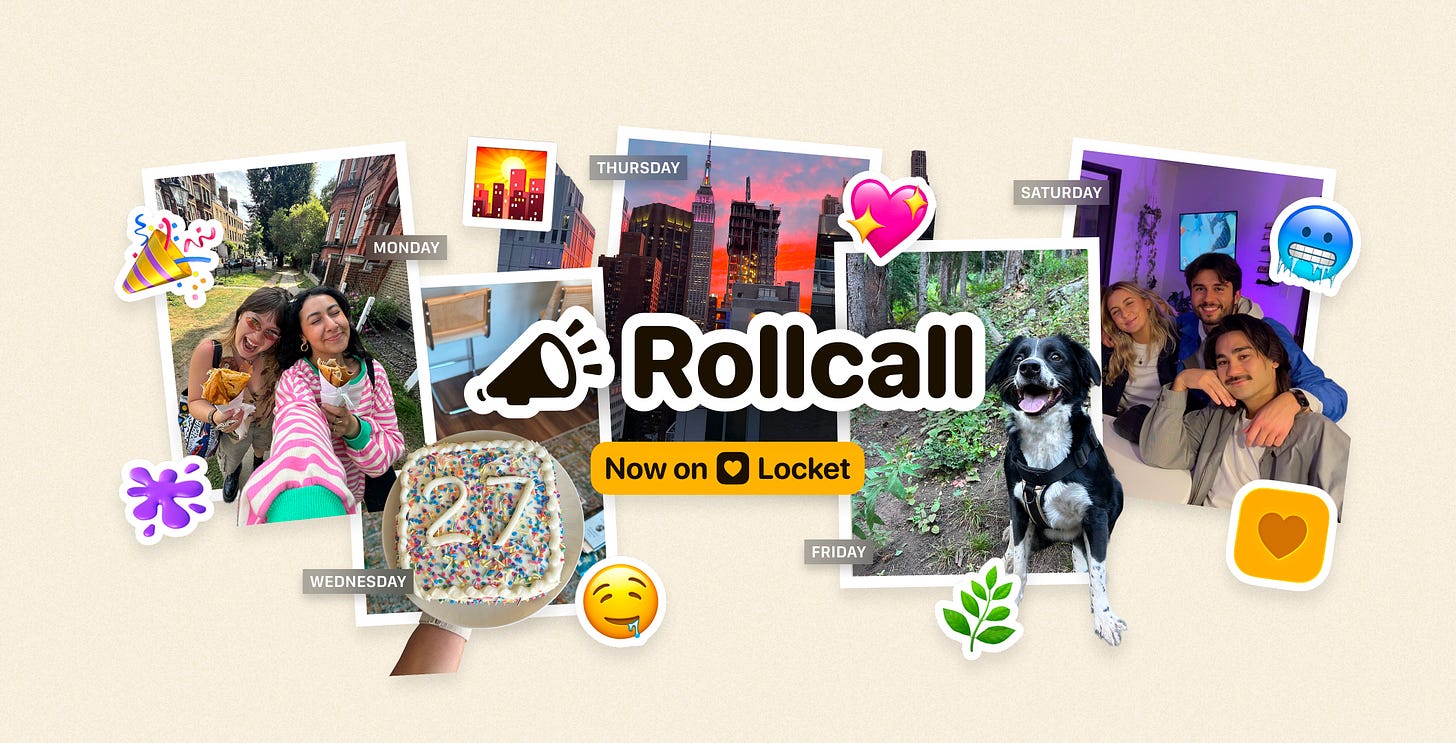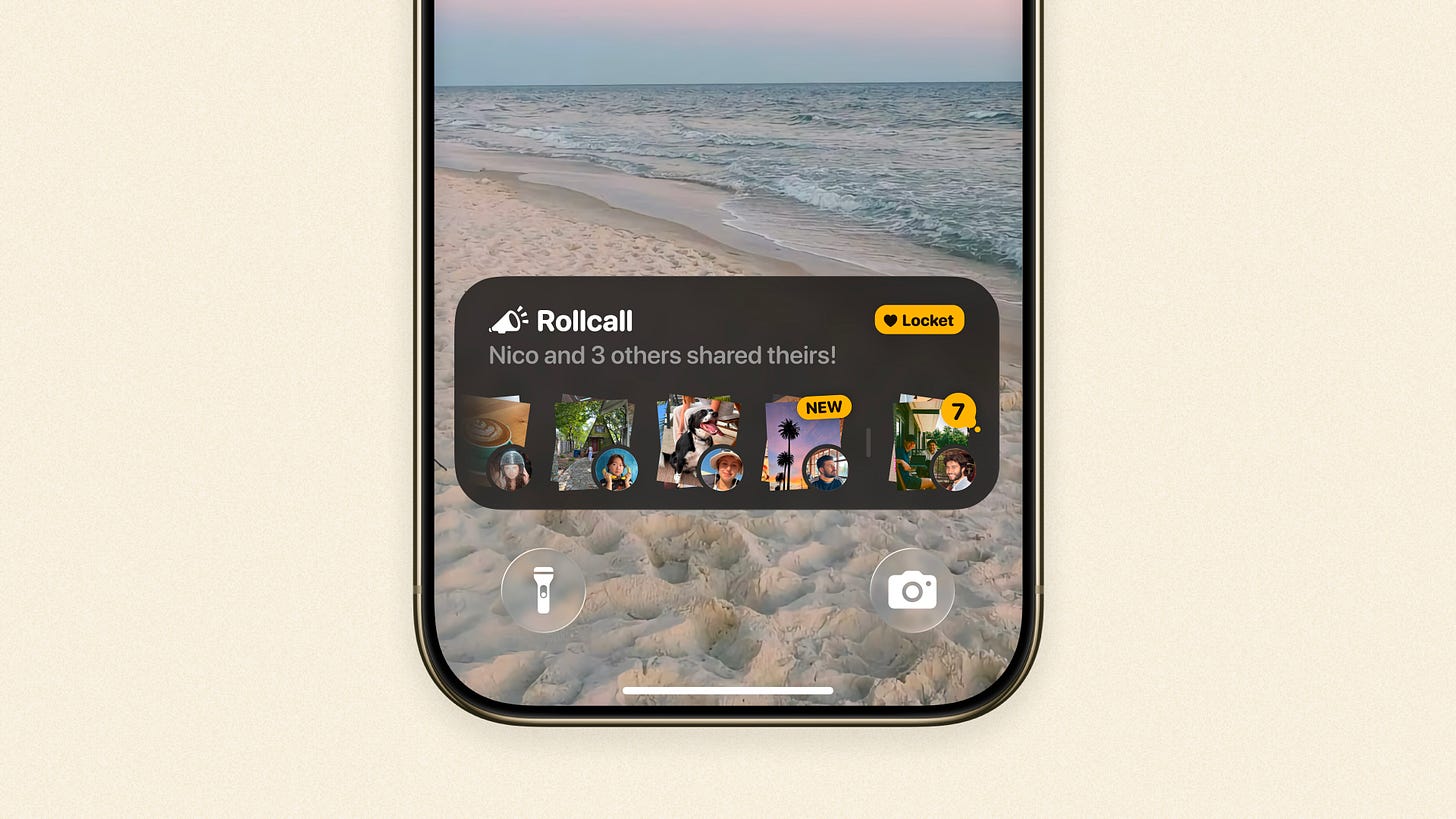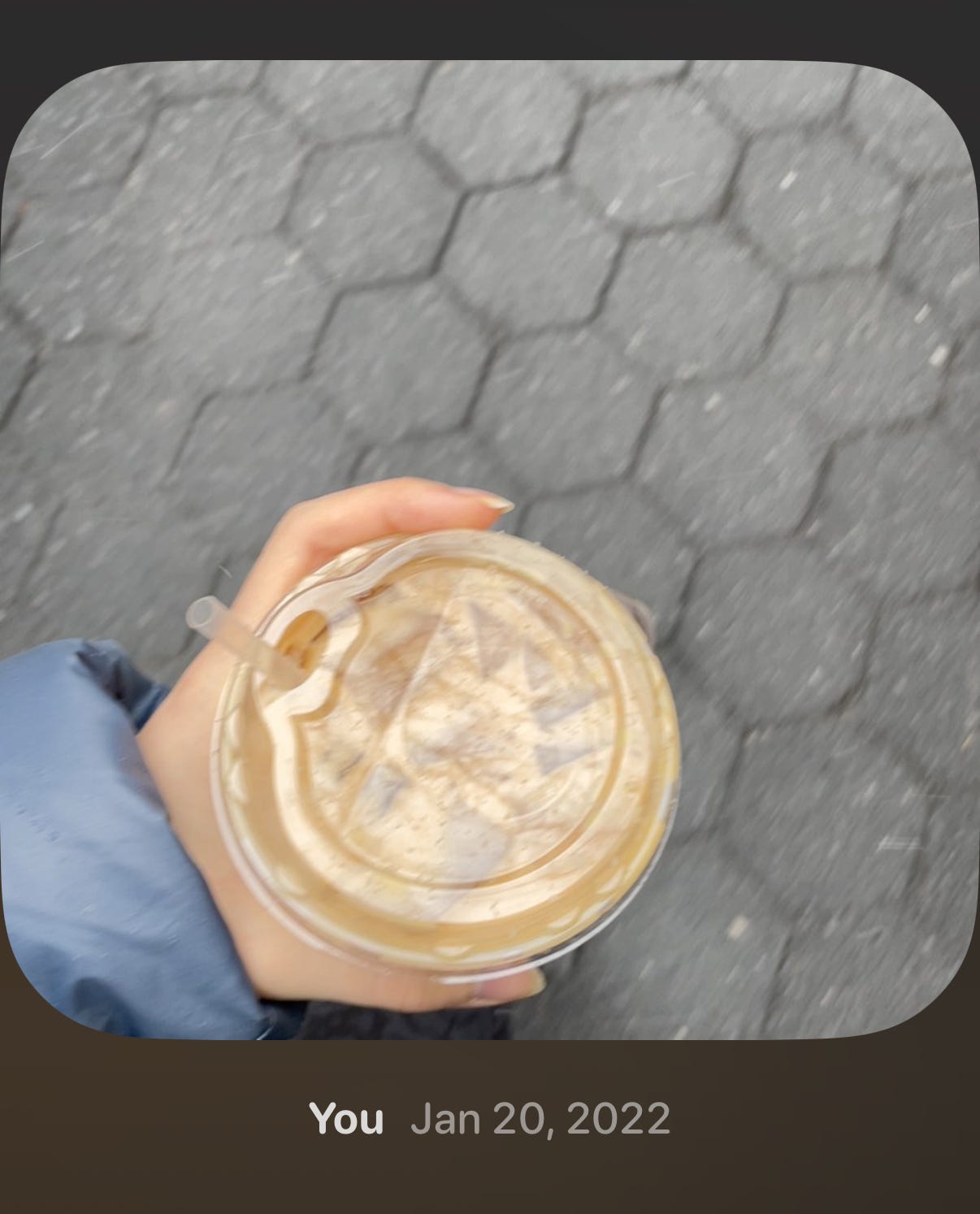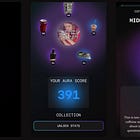"Bringing authenticity back to social media": Locket is offering Gen Alpha an alternative to Instagram and TikTok
While the app has added features over time, the core mission of connecting users with "the people you really care about" has remained consistent, founder Matt Moss said.

Last month, I spoke with Matt Moss, founder of the app Locket. Through a widget, the app lets you send photos directly to your friends’ home screens. I was actually an early user of the app, using it to share snapshots of my day with college friends in the early months of 2022, especially when we were separated by distance or pandemic precautions.
As many have grown frustrated with the current social media landscape, which is increasingly centered around algorithmic recommendation and entertainment rather than your IRL friends, Locket has emerged as one alternative.
Since its launch, the main focus of the app has been, as Moss describes it, “to help you feel closer to your favorite people—like best friends, family, significant other, all of those kind of fit into that bucket.”
While many early users were using Locket with “a romantic partner or one or two best friends,” over time, it has “become much more of a platform to connect with your best friends in general, it doesn’t just have to be one or two people.”
According to Locket, over 70 percent of its users are under 26. Moss described how young people, in particular, have taken to the platform, especially as negative sentiment toward many other social media apps has grown.
“One of the things our users always tell us is they like it because every piece of content they see, they actually like,” he said. “It’s not like anything crazy, but if it’s someone you actually care about, then just a selfie or a picture of their lunch, anything like that, will actually be pretty fun to see.”
The focus on simplicity doesn’t mean that Locket isn’t looking to grow by adding new features. In August, the app launched “Celebrity Locket,” letting users connect with celebrities like Suki Waterhouse and SZA.
Earlier this month, the app launched a “Rollcall” feature for sharing your favorite photos with friends every Sunday. About 80 percent of Rollcall’s U.S. user base is within the 13 to 17 age demographic, according to Locket.
Moss and I also discussed how as legacy social media apps like Instagram and Snapchat have shifted dramatically from their original photo-sharing functions—and as people look to TikTok and YouTube to be entertained, rather than connect with close friends—there is a growing space for alternative social media that focuses on more intimate connections.
In my review of social aura photography app Aurascope, I mentioned Locket as one of several apps aiming to bring back a more authentic, photo-based social media experience. Others have included Dispo, Lapse, and the now-defunct Poparazzi. I think building an “authentic” social media app is quite a challenging task. This is both because bigger social apps like to steal startups’ lunch by cloning features, but also because growth and authenticity are somewhat at odds with each other, and balancing both goals can prove difficult (see: BeReal, Clubhouse).
But I also think that as a new generation begins to grow up on social media, there are endless opportunities to reimagine it—and some of the best, most creative platforms and features will likely come from designers and technologists outside of the Big Tech landscape.







